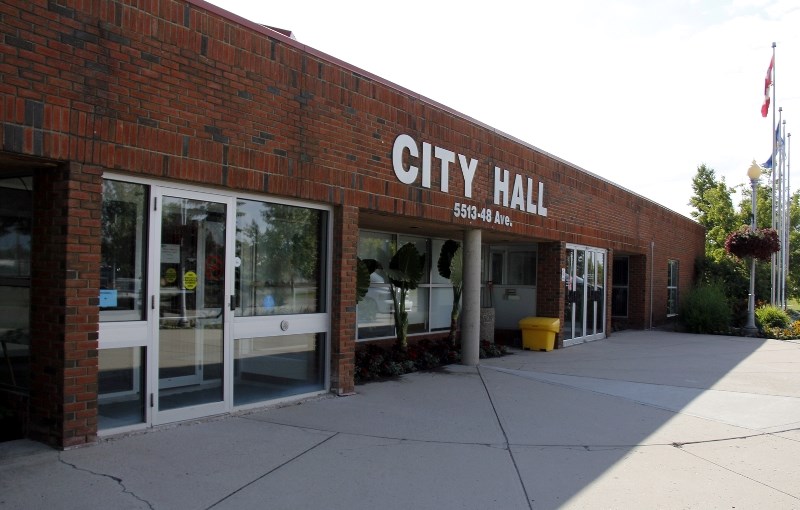COLD LAKE - The City of Cold Lake council welcomed MLA Scott Cyr to the Aug. 13 regular council meeting, in part to discuss the municipality’s concerns regarding Bill 20 - the Municipal Affairs Statutes Amendment Act, 2024.
City council had previously raised concerns during a May 14 meeting and requested that Cyr address them in person.
Cyr, who is the MLA for the Bonnyville-Cold Lake-St. Paul constituency, opened the discussion by explaining the bill's background, noting, “Bill 20 was introduced during the spring session, and as soon as the first reading was completed, I immediately sent a letter to Mayor Copeland and the CAO to address any concerns they might have about the bill.”
One of the primary concerns highlighted by Cyr was the broad scope of the bill, particularly the ability for the provincial government to remove municipal councillors. He acknowledged that the original wording was “a little too broad,” adding, “Minister Ric McIver heard the message from our municipal councillors and he narrowed that ability. We always had the ability to remove councillors but... we had to go to the courts to do it.”
Cyr emphasized that while the intention was to ensure swift and fair resolutions when misconduct occurs, the powers to remove elected officials would be used sparingly.
“The Minister has said that he's not going to use these powers. It's more or less trying to say if a councillor has done something bad - or a mayor or a reeve - there has to be a mechanism for the provincial government to be able to remove that [person] without two and a half years of court time.”
Copeland expressed his concerns about the potential impact of Bill 20 on election processes and how ballots are counted.
“I think it'll be interesting, the cost versus the machines, versus trying to find people to run the election for us,” he said. He noted that while the switch from machine-tabulated counts to hand-counted ballots may not significantly impact smaller populations, it could present challenges in larger cities.
In response, Cyr acknowledged the need for public confidence in elections, stating, “I want to make sure that every election we put forward has the confidence of the general public.”
He suggested that re-evaluating the use of tabulators could help restore trust.
Coun. Ryan Bailey also voiced his concerns, emphasizing the reliability of tabulation technology.
“The better choice that the government could have done, instead of bowing to the pressures of a few people who have lost confidence, is to put out scientific facts that show that these tabulators are just simply counting,” Coun. Bailey argued. He also pointed out that, historically, there have been no significant issues with the machines in Cold Lake.
Cyr agreed that the debate over election processes has been influenced by events in the United States but stressed the goal was to maintain and restore public confidence in Alberta’s electoral system. He also reassured the council that their feedback had been taken seriously, saying, “I will thank again the council... I took that to heart and took that to Minister McIver. So, it's not that your voices weren't heard - they were very much heard.”
The discussion concluded with Copeland acknowledging potential challenges ahead and committing to monitoring the 2025 election to assess the impact of Bill 20.
“We will monitor the election in 2025 and see what the cost variance is, and how many more votes will come early in the game,” Copeland said. “We'll be relying on more human power to get it done.”



